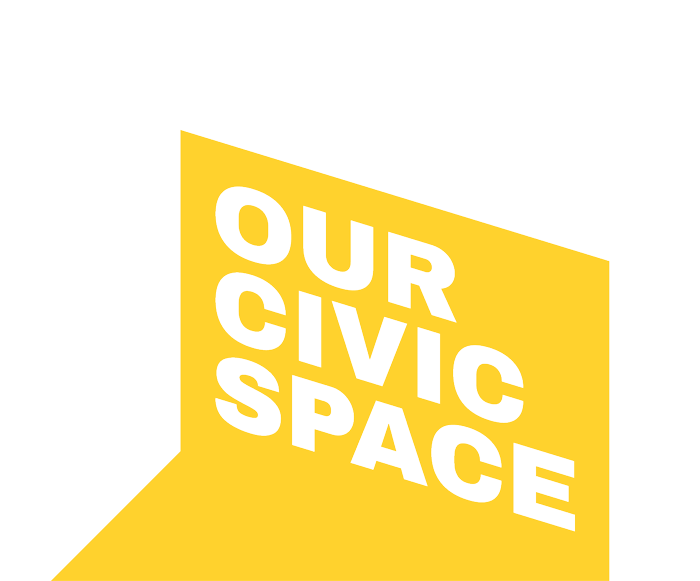NL Doet: a day to do good
On 28th and 29th of May 2021, the biggest Dutch yearly volunteering event will take place throughout the whole country. The event is called NL Doet and it is organised by Oranje Fonds, an organisation that serves as a platform to bring volunteers and people in need together. Oranje Fonds believes that everyone in society can make a difference for someone else. And by organising NL Doet every year, they show it too!
The importance of volunteering
But why volunteer? What are the benefits of doing something for someone else? Well first of all, volunteering allows you to connect with other people, whom you might have not known, had you not decided to go out and volunteer. It really brings a community together when different people help each other and work on shared causes and towards common goals. Secondly, it is proven that volunteering has a profound positive effect on your health, both mentally and physically. It can bring joy into your life in ways you would never have expected. Finally, volunteering can also be a way to explore new things in your life and to develop new skills and competencies. This can be very valuable for other parts of your professional and personal life.
Interested in more information about volunteering? Click here to read more about the benefits of volunteering.
The power of NL Doet
As Oranje Fonds states, “NL Doet is an invitation to do something good for someone else. It doesn’t matter how big or small the initiative is. What matters is the connection it establishes.” NL Doet’s power is in the fact that it unites the many forms of volunteering and converts it into something national. It provides a platform for the many big and small initiatives that exist and provides the opportunity for new initiatives to arise. Moreover, it can serve as a gateway for people to become more active in volunteering. It is an easy way to start with volunteering, however small, and to experience what it is like. The hope of Oranje Fonds is that this ignites a spark in people to do more, without the obligation to do so.
An example of an initiative that was organised in The Hague under the banner of NL Doet is volunteers organising a lunch together with people with a disability. From baking cookies, making wraps and preparing soup, to setting the table. Everything was done together by volunteers and the residents of a healthcare facility. This shows that volunteering can be rather low-key and easy, but it can really have a great impact. And you can do it too!
So are you Dutch and want to experience volunteering? Find out the opportunities here!
Written by ISA

